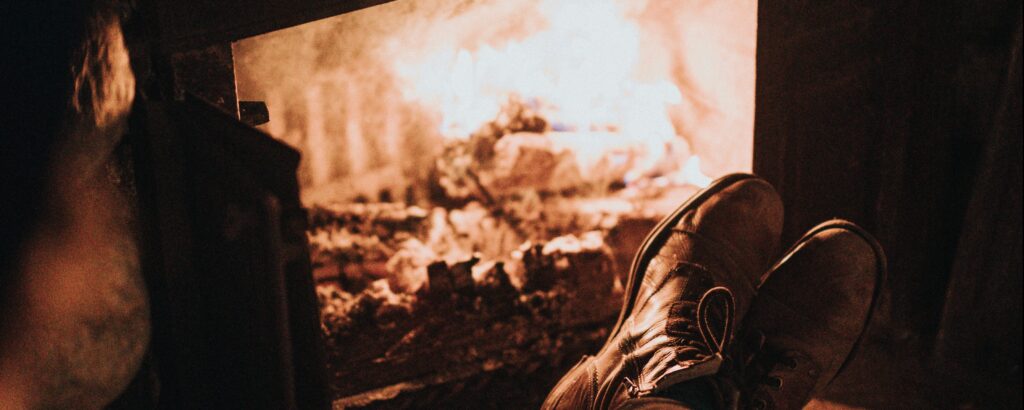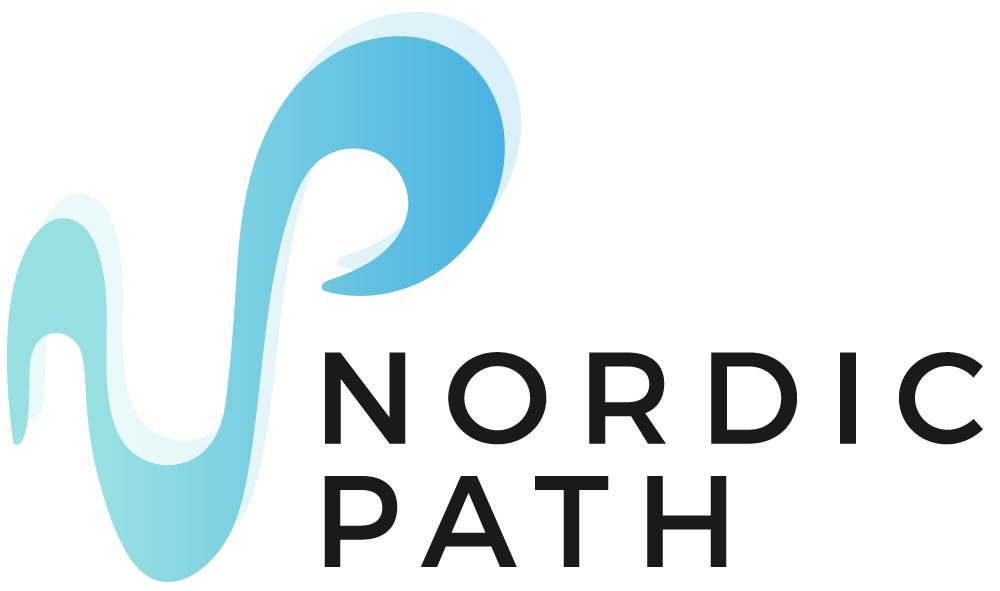
The European Environment Agency warns of the effects of wood-burning due to its significant contribution to air pollution. Its association to cozy, warm, and welcoming environments opposes its harmful effects on human health. Proven to be the biggest source of outdoor fine particles that cause approximately 400,000 premature deaths in Europe every year and is responsible for serious diseases of millions of Europeans, the concern and controversy surround policy recommendations and regulations that tackle the impact of wood burning (European Environment Agency, Air Quality in Europe report).
Following our project ideal of collaboratively planning healthier cities, Kristiansand Kommune has launched an online survey that not only dives into citizens’ visions, habits, and practices around wood-burning but also invites them to step into urban planners’ shoes to distribute public funding and imagine measures to address this environmental topic.
The survey will be open during the winter season 2020/2021 in order to collect impressions, ideas, and habits of local citizens that will serve as a baseline for further co-creational activities for policy making around this urgent topic. Send your submissions here (available both in English and Norwegian). In NordicPATH we are looking forward to seeing the results and evolution of this initiative. Stay tuned!
Published by vitaller
